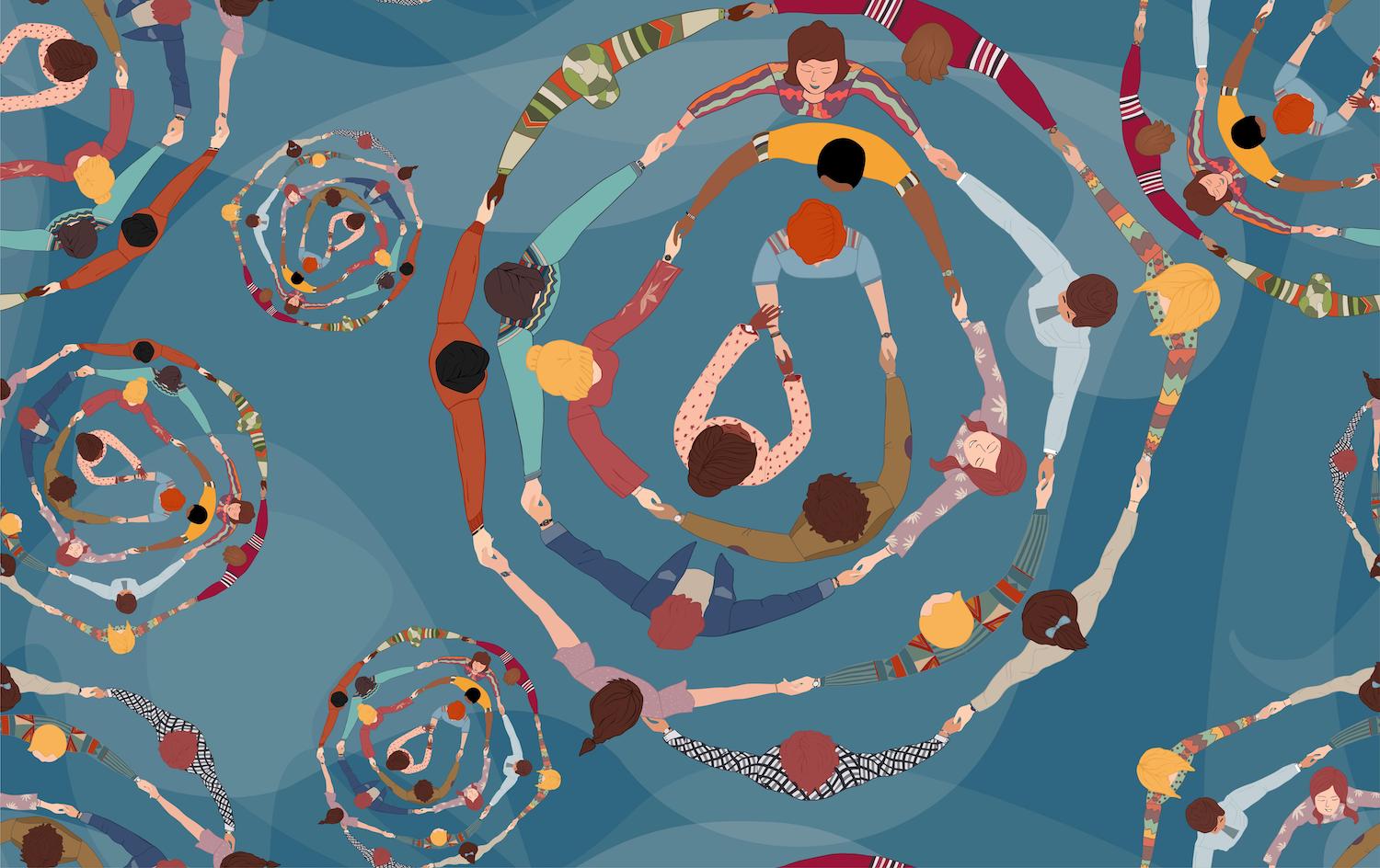
The full rights of citizenship in the United States have always depended on where and who you are. Whether you are a longtime resident of a state or just passing through, the place and body you are in dictate the freedoms, knowledge, and decisions available to you: including access to voting, education, shelter, and appropriate healthcare.
This issue of Brigham magazine explores how sex and gender affect our health and healthcare. We thought this theme was timely when we first proposed it in 2019. We underestimated how quickly and widely reproductive and gender-affirming healthcare would be restricted and criminalized, along with people who seek it and experts who provide it. The following pages explore the Brigham’s role in forging more inclusive healthcare, education, and research, and some of the many people committed to it.
While writer Audre Lorde died more than 30 years ago, the conflicts of her time—and her fiery wisdom about them—endure. In 1982, Lorde said:
“[A]ny future vision which can encompass all of us, by definition, must be complex and expanding, not easy to achieve… It means actively working for change, sometimes in the absence of any surety that change is coming…We are making the future as well as bonding to survive the enormous pressures of the present, and that is what it means to be a part of history.”
Enormous pressures of the present include new paradigms and ways of communicating. Building a more inclusive future demands our willingness to make mistakes and correct them. I’m inspired by and grateful for Brigham colleagues who model the curiosity, humility, and courage required to develop new scientific and medical knowledge. Their vision and work are foundational for a future that can encompass all of us.

Joy Howard
Managing Editor

